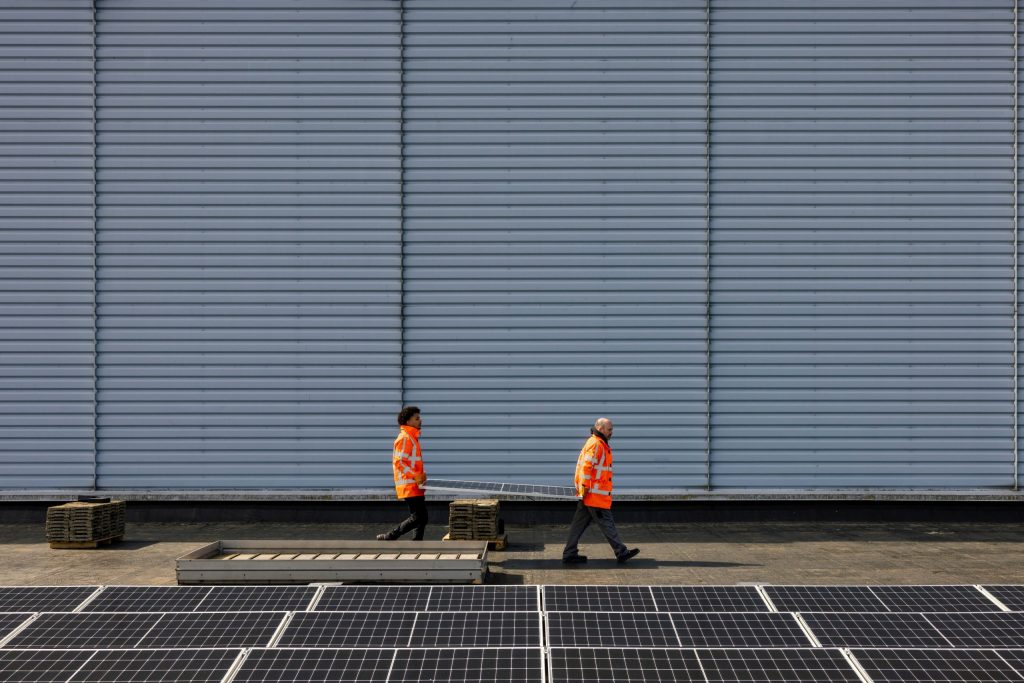
The Hague, 6 March 2023 – Solar and wind energy companies, industry associations, the Dutch government, knowledge institutions, NGOs and trade unions will jointly commit themselves to making international value chains more sustainable. The parties have made agreements in the field of international responsible business (international RBC) in the new International RBC Agreement for the Renewable Energy Sector, which was signed today. The aim of the agreement is to jointly tackle and prevent risks in the field of human rights violations and environmental damage through cooperation.
The production of solar panels and wind turbines can have adverse consequences for people, the environment and biodiversity. For example, companies can be faced with problems such as deforestation and the loss of natural habitats for animals. Human rights violations, such as forced and child labour, lack of freedom of association, unsafe working conditions and exploitation of the rights of local communities can also occur in the value chains of solar and wind energy. These value chains are complex and lack transparency, which makes it difficult for an individual company to address such risks by themselves. Various international companies from the solar and wind energy sector have therefore joined the Agreement. They want to achieve a positive impact through cooperation.
The Agreement has an implementation phase of five years and is signed by a broad coalition. By participating, companies commit to applying international guidelines from the OECD and the UN in all their activities. This also prepares them for future international RBC legislation. The collaboration is supported by the ministries of Foreign Affairs and Economic Affairs and Climate Policy, industry associations, financial institutions and interest groups. The participating knowledge institutions, NGOs, trade unions and the Dutch Social and Economic Council (SER) will support companies with their knowledge and expertise in the application of international RBC.
In the coming years, the parties will focus on mapping the value chains of individual companies and associated risks. In addition, practical experiences are shared and collective projects are started to implement improvements. The participating organisations are jointly committed to increasing awareness of the importance of sustainable value chains and getting this topic higher on the social agenda.
An overview of all participants and the International RBC Agreement for the Renewable Energy Sector can be found on the website.
Jelmer Pijlman, managing director of Solarfieds, explains briefly why the signing of the covenant is so important.
“As an individual company, it is challenging to have a positive impact on supply chains. We feel responsible. By signing this covenant, we are able to learn from each other, make agreements and develop new initiatives. This ensures more impact on a sustainable future for everyone. After all, we must not achieve our local climate goals at the expense of people and the environment elsewhere in the world,” says Jelmer Pijlman.
Do you want to work with us, do you have questions or do you want to pass on a change? Then contact us – we’re happy to help.